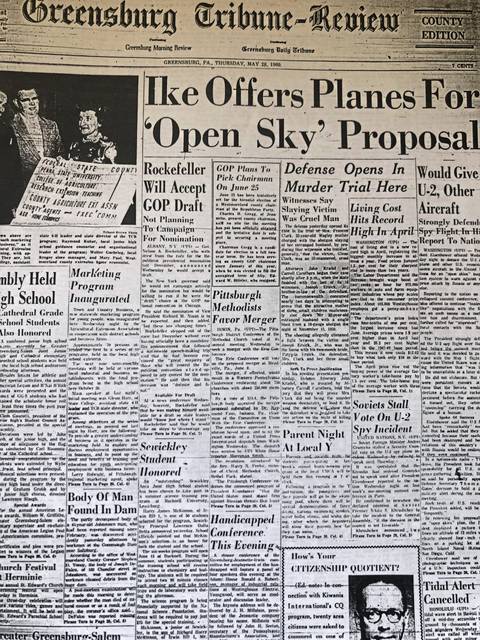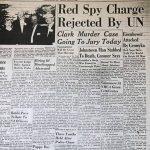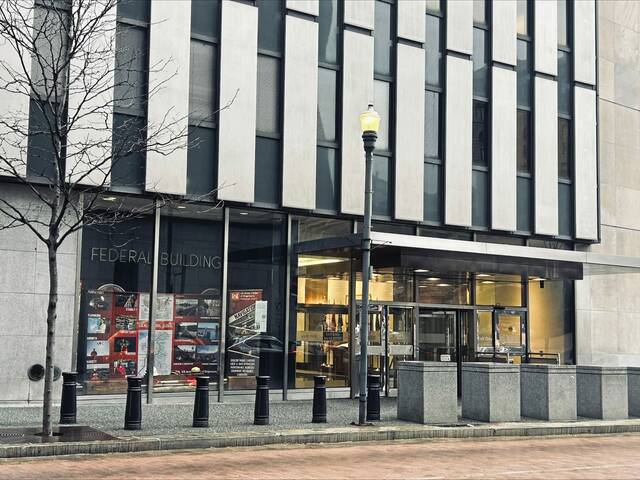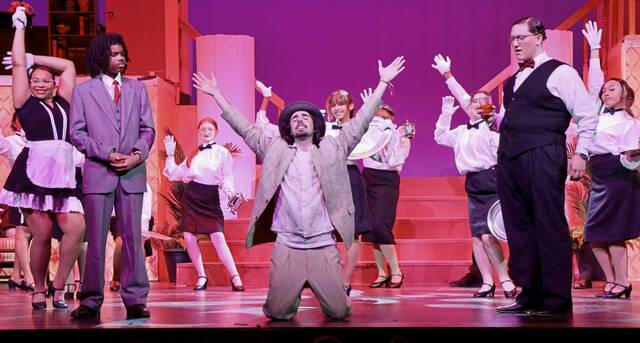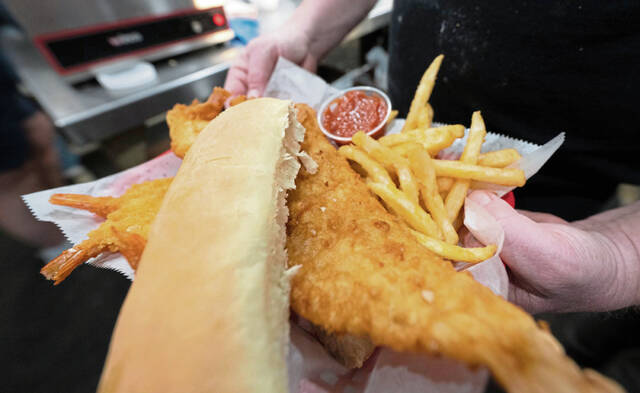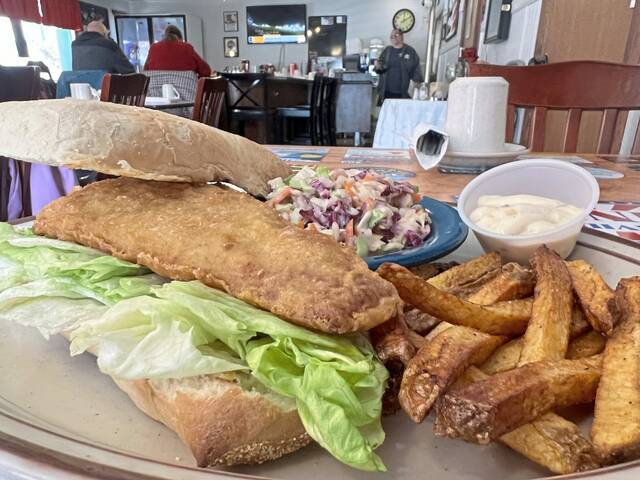What do “three men from Greensburg” have to do with a small-time Johnstown gambler whose body was found floating behind the Conemaugh River Dam in Derry Township some six decades ago?
The three unidentified men were fingered by an aging Johnstown gangster — “Rip” Slowmason — as the possible murderers of Joseph “Pippy” diFalco, a not-so-well-liked man on the fringe of the Johnstown mob, according to a new book, “Smalltime: The Story of My Family and the Mob,” written by Johnstown native Russell Shorto.
The book chronicles the story of two mob figures: “Little” Joe Regino and his brother-in-law, Russell Shorto, for whom the author is named. They ruled the Johnstown underworld from the 1940s through the 1970s. Readers get an understanding how they rose through the ranks and created an enterprise that raked in millions of dollars over the years through gambling, dice games, sports betting and other illegal enterprises in plain sight of the police and politicians, who turned a blind eye to crime but not payoffs.
The author reluctantly took on the task of writing about his grandfather and namesake, Russell Shorto, who played such a big role in a small town’s crime, while creating havoc in his family. But, to write a book about the mob, Shorto astutely points out that every story about the mob must have a murder in it.
In the early stages of research into his late grandfather’s life, he found that element in the death of diFalco, the 45-year-old gambler who was flashing a wad of money around a Johnstown pool hall on Feb. 7, 1960. He disappeared sometime that day or the next. On May 26, 1960, his decomposed body was pulled out of the Conemaugh River, which separates Westmoreland and Indiana counties.
Shorto, who lives in Cumberland, Md., managed to give readers a shorthand version of Johnstown’s history of industry and the immigrants who made the steel and mined the coal. He touches on the concerns of residents who worried that the dam holding the South Fork Hunting Club’s giant lake in the mountains north of Johnstown might burst, which it did in May 1889, killing about 2,200 people.
And he writes about how Johnstown was a booming place during World War II, when nearby mines produced the coal that steel mills needed to arm the arsenal of democracy. All those men with all that money wanted a place to spend it — and maybe get rich quick — and Shorto and Regino offered them ways to lose it.
The title “Smalltime” is apt for the Johnstown mob, when compared to the outfits that ruled New York, Chicago and Pittsburgh. This mob did not line up rival gangsters in a seedy garage and shoot them in the back, like Chicago’s Al Capone henchmen did in the St. Valentine’s Day massacre. Nor did they dispatch a rival boss while getting his shave and haircut, like how Albert Anastasia came to be riddled with bullets in a New York City barbershop.
“There was a relative lack of violence” in the Johnstown mob of his grandfather’s time, Shorto said.
Johnstown mobsters back then did not want to bring unwanted attention by killing fellow gangsters, Shorto said. They played it smart, paying off police and politicians not to bust their lucrative gambling operations. When those police, prosecutors and politicians needed to show they were tough on crime, Shorto said, the mob could find a sap to be caught at a gambling den with some money and tip sheets.
“They were operating pretty much in the open,” Shorto said, noting their base was a downtown cigar shop.
Shorto gives readers a glimpse into the mob mentality about expanding into new “territory” in the early 20th century. Regino, who married the elder Shorto’s sister, was a rising gangster in Philadelphia when the bosses gave him control of Johnstown in the 1930s.
Shorto touches on the mob in Westmoreland County, how the Mannarino gang out of New Kensington ran their business. They, and sometimes the LaRocca family from Pittsburgh, would try to muscle in on the thriving Johnstown operation, which Shorto said a “knowledgeable person” told him had generated about $40 million from the end of World War II in 1945 to 1960. Blairsville, halfway between Johnstown and New Kensington, became sort of a mob no-man’s land.
As for the Greensburg gang, the aging mobster interviewed by Shorto never offered names and nowhere in “Smalltime” is there a detailed description of the criminal enterprise in Greensburg.
“Smalltime” was released by the prominent New York publishing house W.W. Norton & Co. ($26.95) and is available wherever books are sold. Shorto, who previously lived and worked in Holland, is the author of “Amsterdam: A History of the World’s Most Liberal City.” His other works include “Revolution Song: A Story of American Freedom” and “Descartes’ Bones: A Skeletal History of the Conflict Between Faith and Reason.”


